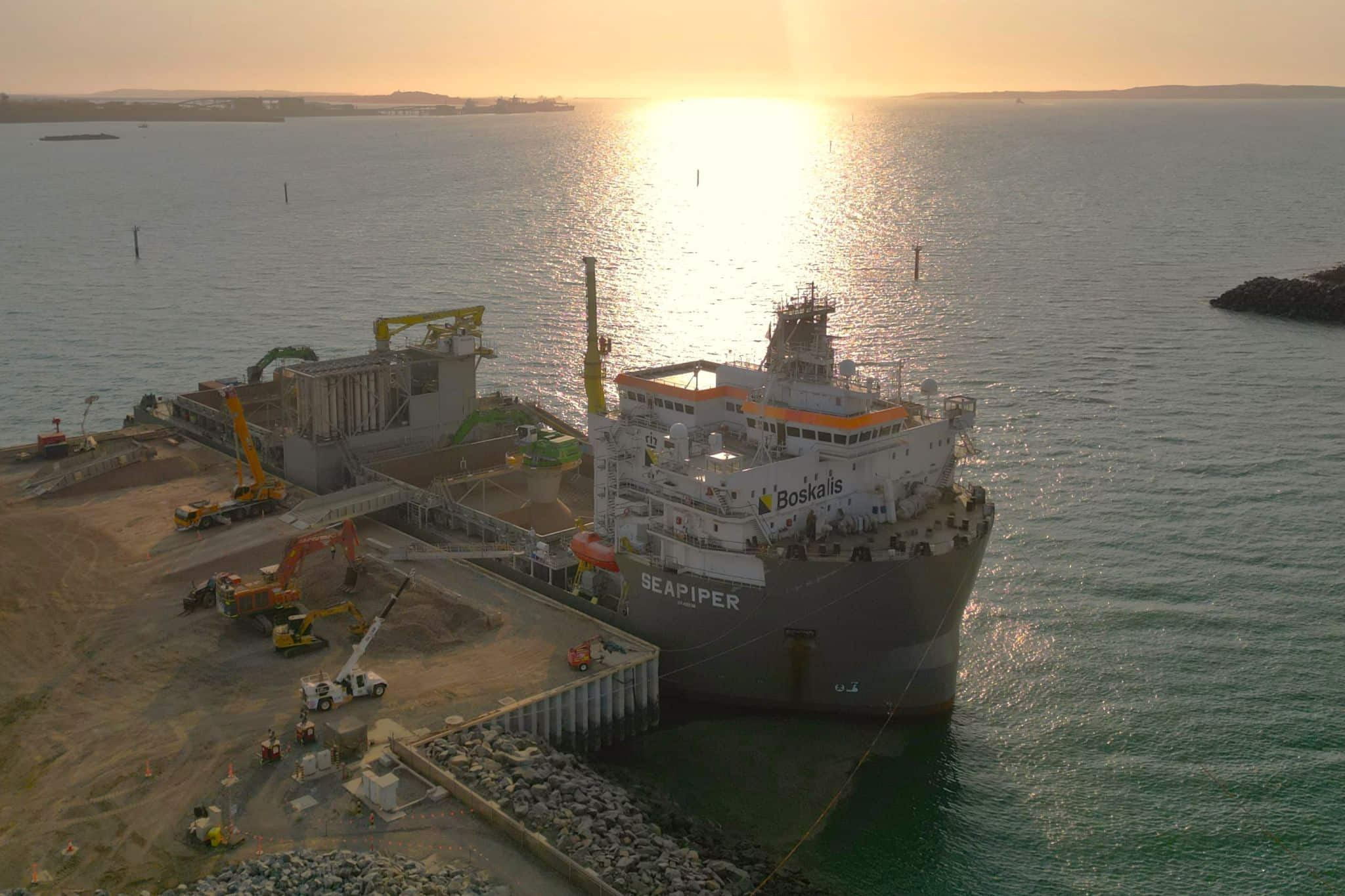Palestinians in Australia left in limbo as visa doesn’t allow for work or study rights

- by Admin
- September 20, 2024
When Palestinian pharmacist Berta Frangieh escaped the war in Gaza and landed in Australia five months ago, she felt like she got a new lease on life.
“Australia is beautiful and I’m happy here,” the 25-year-old said.
But soon after settling in Sydney, Ms Frangieh realised her new life is on hold.
“I am a pharmacist, I used to work in a pharmaceutical company, but since arriving in Australia, I can’t work or study because I’m still on a visitor visa,” Ms Frangieh said.
She’s one of about 1,300 Palestinians from Gaza who have come to Australia on a visitor visa since October last year and says now she’s feeling stuck.
This visa doesn’t allow for work or study rights.
“There’s fear of the future because nothing seems guaranteed, but at the same time I have hope to keep going on,” she said.
Qualifications not being put to use
Over 400 Palestinians who fled Gaza flocked to a job expo for held in Bankstown in Sydney’s south-west last week.
The event offered career advice, resume support and workshops on how to find training pathways.
Many are highly educated professionals with university degrees.
Among those in attendance was NSW Emergency Services Minister Jihad Dib.
“There is this misnomer out there that the people who have come here from Gaza, who have fled the war-torn country, are coming without education,” he said.
“We got engineers, we got doctors, we got pharmacists who are over here at the moment and what we need to do is we need to get these qualifications recognised.”
Mohammed El Helou was a businessman in Gaza who ran his family’s import and export company for decades.
“With the beginning of Israel’s war on Gaza, my company was completely destroyed, offices, warehouses, fridges, transport vehicles,” he said.
He said he has since lost 300 of his family members.
Mohammed El Helou lost his entire business in Gaza. (ABC News: Nabil Al-Nashar)
Mr El Helou said starting over was not easy.
“It’s a difficult feeling, because the age makes a difference, when you’re 30 is not the same as when you’re close to 60,” he said.
More than 7 out of 10 visa applications rejected
The federal government says a new pathway to a three-year humanitarian visa has been offered to a small number of the Palestinians who have come to Australia from Gaza since October 7 last year.
Between then and September 11, the Australian government rejected more than 7,100 Palestinian visa applications and accepted 2,963, only a fraction of which have made the journey.
Over the same 11-month period 9,865 visas were granted to Israelis and 255 rejected.
The Department of Home Affairs has only offered the new pathway to about a dozen Palestinian families and said it would continue to consider the rest “on a case-by-case basis”, making the same offer to those who pass certain checks.
Palestinians from Gaza cannot apply for this humanitarian visa. They must be selected for it and offered it by the government.
The criteria for eligibility has not been made clear.
The spokesperson said “no decision has been made by the government in relation to the entire cohort”.
Under the new visa, Palestinians will have access to Medicare, work and study rights.
One caveat is that they’ll have to relinquish any protection visa claims, which some have already applied for.
The government said the transfer from protection to humanitarian visa saves the applicants the eight-year processing time for protection visas, compared to the two-month humanitarian visa processing time.
NSW minister Jihad Dib at the job expo for newly-arrived Palestinians. (ABC News: Nabil Al-Nashar)
Mr Dib welcomed the move saying “it means that people who have come here under some of most difficult circumstances have an opportunity now to participate in life in Australia…given their high levels of education”.
“We know they want to be able to rebuild their lives and this is an important first step,” he added.
Suzan Wahab, president of Palestinian Christians in Australia, said the move was “a bit discriminating”.
“What’s special about those families as opposed to the rest of the families?” she said.
“I’ve met most of them and they’re from a similar background with comparable levels of education.
“They should give it to all of the families, as long as they passed the security checks.”
Masood Almassri was about to start his dentistry career in Gaza when the war broke out. (ABC News: Nabil Al-Nashar)
Masood Almassri is a 24-year-old dentistry graduate who was about to start his career in Gaza when the war broke out.
“I had hopes, dreams and goals for my life, but unfortunately everything has vaporised,” he said.
He could stand to benefit from the new visa pathway.
“We entered on a visitor visa, we applied for a protection visa and now we’re on a bridging visa. It’s not very clear until when.”
The Latest News
-
December 23, 2024‘See-ball, hit-ball’: Sam Konstas to put pressure on Jasprit Bumrah in Boxing Day Test
-
December 23, 2024Alex de Minaur makes Christmas Day pledge: ‘Never satisfied’
-
December 23, 2024News Corp. and Australia Telecom Company Telstra Agree to Sell Foxtel to Streaming Sports Platform DAZN in $2.1B Deal
-
December 23, 2024Alex de Minaur is coming off the ‘best year’ of his career… but he wants more in 2025
-
December 23, 2024Sorry, Charlie. Son of Tiger makes his first career ace, but Team Woods loses to Team Langer on first playoff hole – Australian Golf Digest





